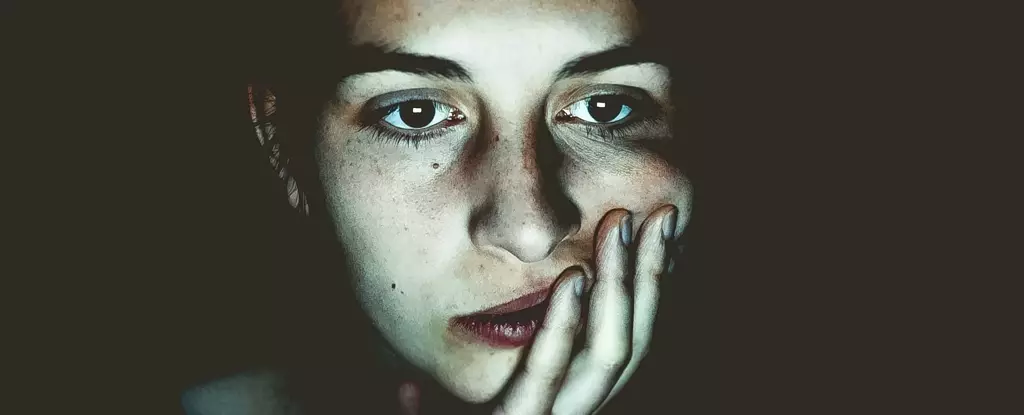In today’s fast-paced world, the concept of the “no-sleep challenge” has gained traction on various social media platforms, attracting participants eager to showcase their endurance. This phenomenon entered the public eye with individuals like Norme, a 19-year-old YouTuber, who attempted to break a world record for staying awake for days on end. Norme’s live stream captivated viewers as he extended his limits to a staggering 264 hours without sleep, raising alarms about the detrimental impacts on his health. Despite his enthusiasm, his efforts fell short of the true record held by Robert McDonald, who managed 453 hours in 1986, a feat no longer monitored by Guinness World Records due to its hazardous implications.
Debunking the Myth of “Sleepless Success”
The glorification of sleeplessness, often romanticized as a badge of honor among youth and influencers, is a troubling trend. While the immediate thrill of pushing the boundaries of human endurance may seem appealing, the long-term consequences of sleep deprivation are severe and extensive. Experts recommend that adults need a minimum of seven to nine hours of sleep to maintain optimal health. Prolonged lack of sleep not only leads to physical fatigue but is also linked to serious health conditions such as obesity, diabetes, heart diseases, and mental health disorders like depression. By normalizing struggles with sleep, such trends can lead younger generations to underestimate the vital role sleep plays in their overall wellbeing.
Sleep is not merely a luxury but a crucial physiological necessity, grounding numerous processes in our bodies. Throughout the sleep cycle, which includes REM and non-REM stages, various systems rejuvenate and recover. During the non-REM stages, our parasympathetic nervous system is activated; heart rate and blood pressure decrease, working to heal muscles and tissues. Conversely, REM sleep, characterized by rapid eye movement, is essential for cognitive functions including learning, creativity, and memory consolidation. Various external factors such as excessive alcohol and caffeine intake disturb the natural sleep patterns, emphasizing the need for healthy sleep hygiene.
Sleep deprivation can be classified as acute or chronic. Acute sleep deprivation often occurs over just one or two nights and can impinge significantly on cognitive function and emotional stability. Studies indicate that staying awake for 24 hours can render someone less functional than an individual who is over the legal limit for alcohol consumption. Symptoms escalate dramatically after consecutive nights of inadequate rest, leading to microsleep episodes—brief lapses into sleep that last about 30 seconds—as the body desperately tries to reclaim necessary rest. Those enduring multiple sleepless days experience a heightened risk of hallucinations and severe cognitive impairments.
The ripple effects of sleep deprivation extend beyond the individual, influencing workplace productivity and societal health. Night shift workers are particularly vulnerable, averaging one to four hours less sleep than their day-working counterparts and facing heightened mortality risks. Research has continuously shown that chronic sleeplessness correlates with shortened lifespans, while excessive sleeping leads to its own health dangers, demonstrating that balance is key.
As the allure of social media challenges continues, prioritizing sleep hygiene over such activities is imperative. Getting sufficient quality sleep is critical not only to foster physical health but also to enhance mental acuity and emotional stability. Simple practices such as maintaining a consistent sleep schedule, creating a peaceful sleeping environment, and avoiding screens before bedtime can vastly improve sleep quality.
While the no-sleep challenge may present an entertaining visual for social media, it starkly overshadows the essential needs of our bodies and minds. Encouraging proper understanding and appreciation of sleep can combat the dangerous narratives that command attention online. Prioritizing rest is not a sign of weakness; instead, it is an vital investment for a healthier, more productive life. Instead of succumbing to the hype of sleeplessness, let’s recognize and champion the importance of sleep, enabling our bodies to thrive. Your health will surely thank you in the long run.


Leave a Reply